Butterfly, Bees and Ants
Butterflies, Bees and
Ants
I always telling that, Nature is very beautiful, more than our
imagination. Now, I tell you three types of natural creatures that are too
common in our daily life and beautiful. Let`s read...
Butterfly
Butterflies and moths form a large group of around 1,70,000
species. Butterflies are some of the most striking insects, with bright wings
covered in colourful scales. However, most of the members of this group are the
moths, which are usually active at night. Butterflies and moths both develop
through complete metamorphosis. The larvae are known as Caterpillars, which are
feeding machines that munch their way through vast quantities of leaves. Eventually,
the caterpillars stop eating and build a cocoon around their bodies. Inside the
caterpillar changes into the adult butterfly or moth which then breaks out of
the cocoon and flies away.
Bees
Bees are typical flying insects with two pairs of wings and
large compound eyes. Many live in large colonies, though some prefer a solitary
existence. The bees feed on the pollen and nectar of plants. Honeybees are very
important as a source of honey. People raise colonies of honeybees to collect
the honey. This is known as apiculture (beekeeping) and has been practiced
since the time of the ancient Egyptians.
Ants
Ants are social insects that live in large colonies throughout
the world. In most colonies, a huge army of worker ants serve are breeding female,
called the queen. The workers build and defend the nests and find food for the
larvae. If we talk about termites then they also live in large colonies and
often build huge mounds that tower over the landscape. These nests protect the
termites from predators such as lizards. Termites often munch their way through
valuable crops, so they are considered as pests in many countries.
Reference
Also See
• Parrots
• Bats
• Bears
• Birds
©
Don`t Kill Creatures of
Nature, You have No Right to Do That
Being Vegetarian, Love
Creature of Nature
Live and Give Space for
another Life
Save Nature
Love Nature









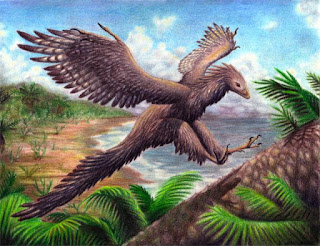
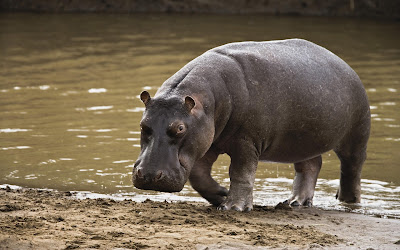

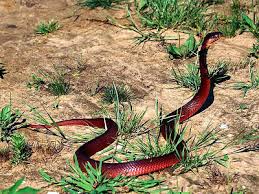


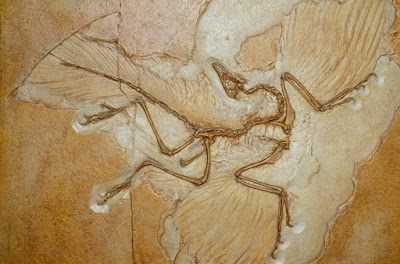

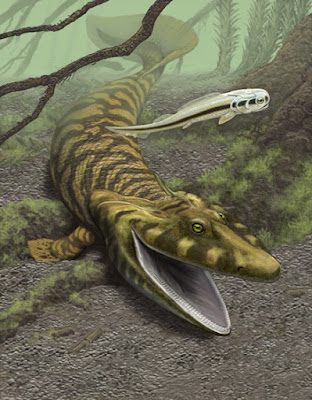
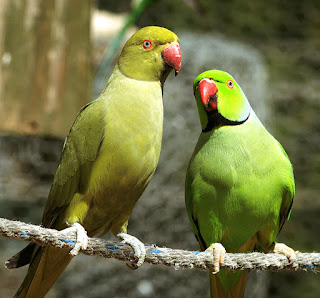
Comments
Post a Comment
Thanks For Your Valuable View.